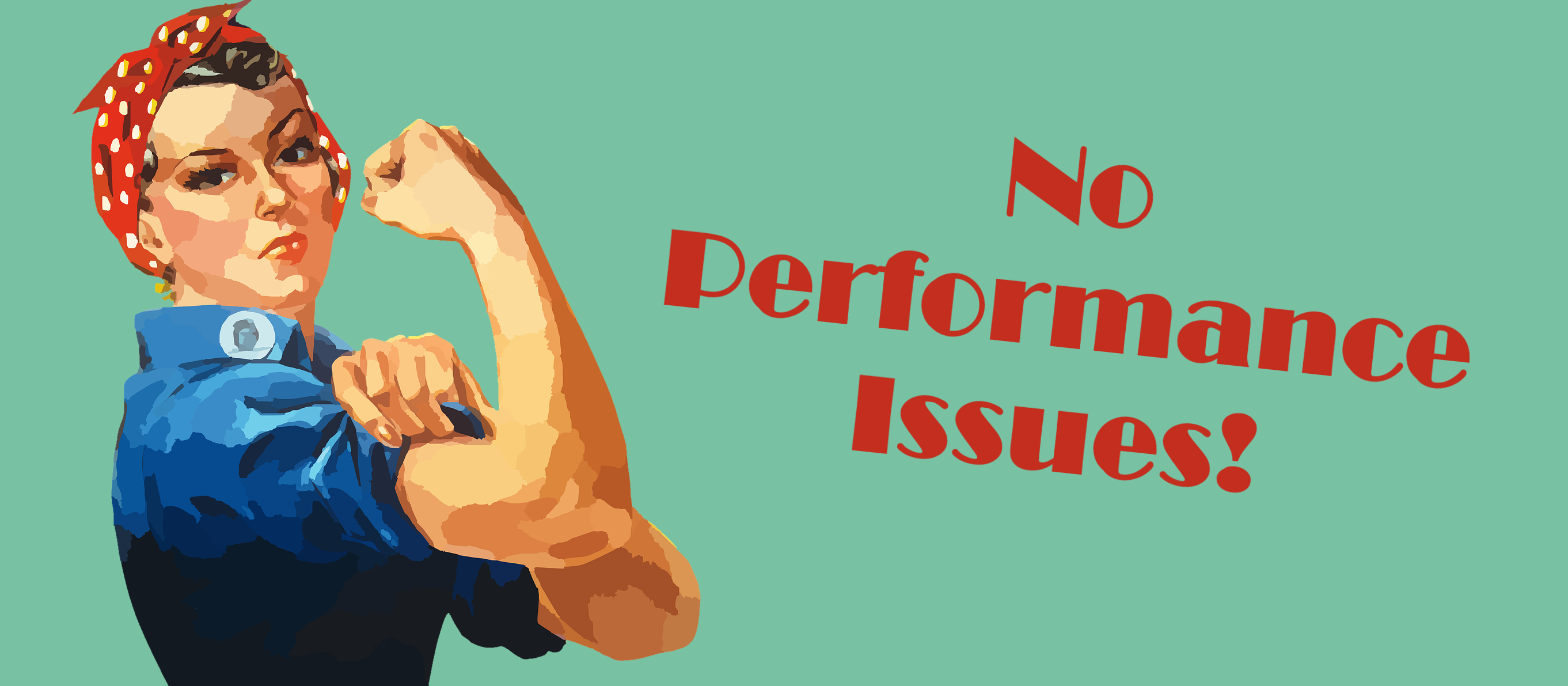
A leadership hack to address performance issues
One of our most important roles as a leader is to deal with under performance on our team.
In dealing with a performance issue, it is very important not to “beat around the bush.” In other words, we need to stay away from vague generalities and be very clear about what the problem is. The idea is to communicate the problem in an unambiguous way. We want to make sure that the person understands where we see their performance falling short. This is the first step in helping them improve.
We also want to discuss a performance issue as soon as possible after a problem occurs while everyone is clear on the details of what happened. Yet we often put it off. We don’t want to have these difficult discussions so we delay, even though we know that the longer we delay the bigger the problem can become.
I have improved considerably in both the quality and timeliness of my communications with my team over the past few years, thanks to a very simple concept. This is the idea of “holding up a mirror” explained in First, Break All the Rules by Marcus Buckingham and Curt Coffman. Basically, the idea is that mirrors don’t judge. They show you an accurate, unbiased view of yourself. Applied to a performance conversation, the idea is to describe to the employee exactly what you see – without judgment – and then ask them why this behaviour has occurred. In my experience, people do not usually take offence to this approach and typically confirm my observations. Once a clear picture of the issue is out in the open, meaningful discussions about it can happen.
I get into trouble when I let my bias and opinion sneak into my communications about an issue. It seems to me at those times that “being a mirror” is easier said than done. If people detect criticism in our message they are bound to resist. So how do we keep this from happening?
The leadership hack I have recently discovered is the idea of separating observation from evaluation. This is the first step in Marshall Rosenberg’s “nonviolent communication” method. In his book of the same title, Rosenberg explains that if people detect evaluation in our communication about a problem, they are likely to infer criticism and resist what we are saying.
Rosenberg’s book contains many examples where opinion (evaluation) is brought into communication, contrasted with better, unbiased ways to say the same thing.
I have adapted some of the author’s examples and added to them:
| Statements with opinion
(can cause defensiveness) |
Purely observational statements
(better) |
| You seldom do what I ask. | You did not complete the last three things I asked you to do. |
| You are frequently late for work. | This week you were 11 minutes late on Monday and 14 minutes late on Wednesday. |
| You are a poor communicator. | Yesterday three people asked me for clarification about what I asked you to pass on to them. |
| Your work is sloppy. | The report you completed yesterday had many spelling and grammatical errors in it. |
| You don’t follow the rules. | I have had a report of you watching TV while on your shift. |
By simply stating the facts, free from our opinion, we keep the channels of communication open during a performance discussion. This makes it much easier to get to the important conversation about why the problem is happening and what we can do to fix it.